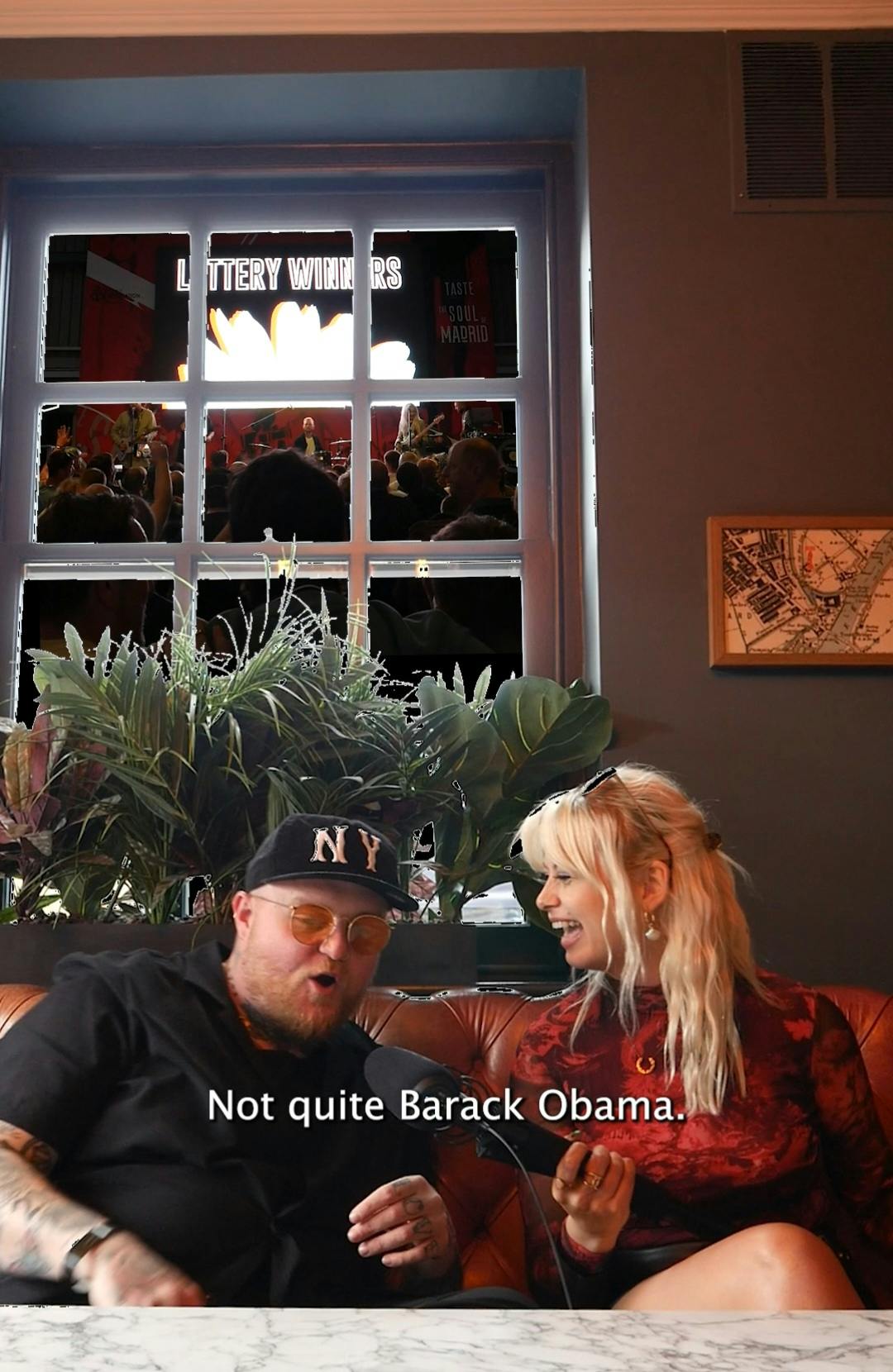
This follows an inquiry by the Committee that looked at whether funding for cultural initiatives has been reaching areas that historically have missed out, and the role creative talent and businesses could play in revitalising public spaces post-pandemic.
Amid the cost-of-living crisis, the Committee called on the Government to urgently bring forward targeted support, such as through VAT or business rate relief, to cultural, sporting and media organisations to prevent ‘exacerbating long-term scarring’ of those already hit hard by COVID-19.
The report also urges the Government to address skills shortages in the creative sector by supporting schools that provide vocational, industry-backed qualifications.
UK Music Deputy CEO Tom Kiehl said:
“This is a fantastic report from Julian Knight and the DCMS Committee, which highlights the value of the cultural industries to all areas of the UK and the vital role they can play in post-pandemic recovery if given the right support.
“We are pleased they have listened to our recommendations that reviving the high street needs to move beyond just support for retail and look to support cultural spaces and protect them from the rising cost of utilities.
“UK Music also welcomes the call to address skills shortages in the creative sector and the importance of parity of esteem for creative courses, as well as the important role the BBC plays in providing a platform for musicians from a range of regional and socioeconomic backgrounds.
“The UK music industry is well placed to help the Government deliver on its ambitions when it comes to levelling up.
“However, we have the best chance of success if the Government supports our sector by cutting the rate of VAT, reforming business rates and supporting British music exports.”
Main conclusions and recommendations of the report
Cultural placemaking – the role of arts, culture and heritage in shaping the places where we live
- Funding and support for arts and culture emulates the broader geographic disparities across the UK. Outside London and the South East, there are areas still not receiving the necessary investment to support their own local and world-class institutions while, in London and the South East, grassroots organisations in deprived areas are experiencing serious financial risk due to a handful of organisations receiving significant proportions of public funding.
- The Government and Arts Council England should separate funding for national institutions from local and regional institutions and ensure that national cultural organisations have different conditions of public funding, including increasing access to nationwide audiences and supporting grassroots organisations.
- The Government should consider how to support arts and culture through means other than one-off funds, such as sustainable public funding settlements and by encouraging private investment.
- The cost-of-living crisis poses an existential threat to the cultural, sporting and media organisations at the centre of communities. The Government must bring forward targeted support, such as through VAT or business rate relief.
Participation and social mobility
- It is a matter of serious concern that despite the UK’s status as home to successful, world-renowned creative industries, the sector is experiencing a significant and ongoing national skills shortage.
- Funding bodies, such as the Arts Council and Historic England, should ensure the sector works to improve working conditions.
- The Committee is concerned that cultural education is seen as of lesser importance to the curriculum, feeding negative perceptions of careers in the creative industries. The Government should ensure the long-term viability of schools that provide vocational, industry-backed qualifications.
- The Government should support the development of a network of hubs providing cultural spaces, workspaces and free, fast internet access in places most in need of levelling up in order to modernise library service provision.


